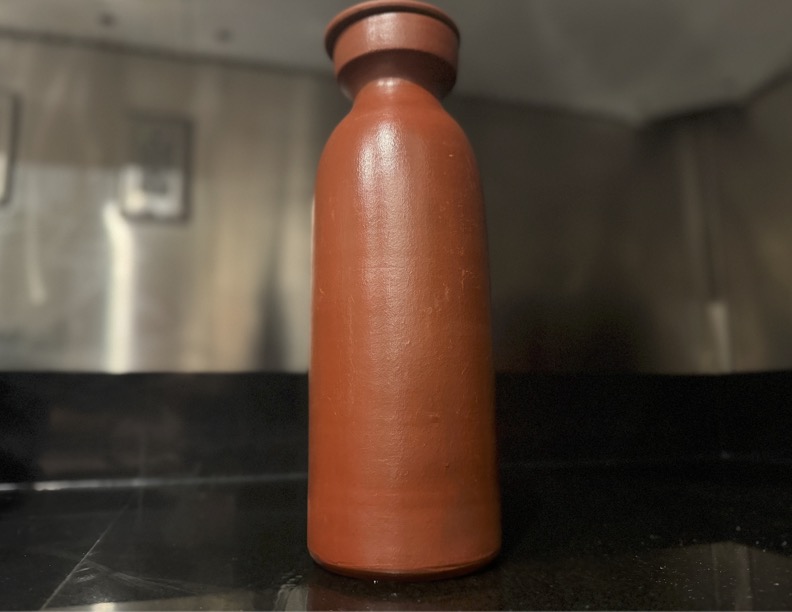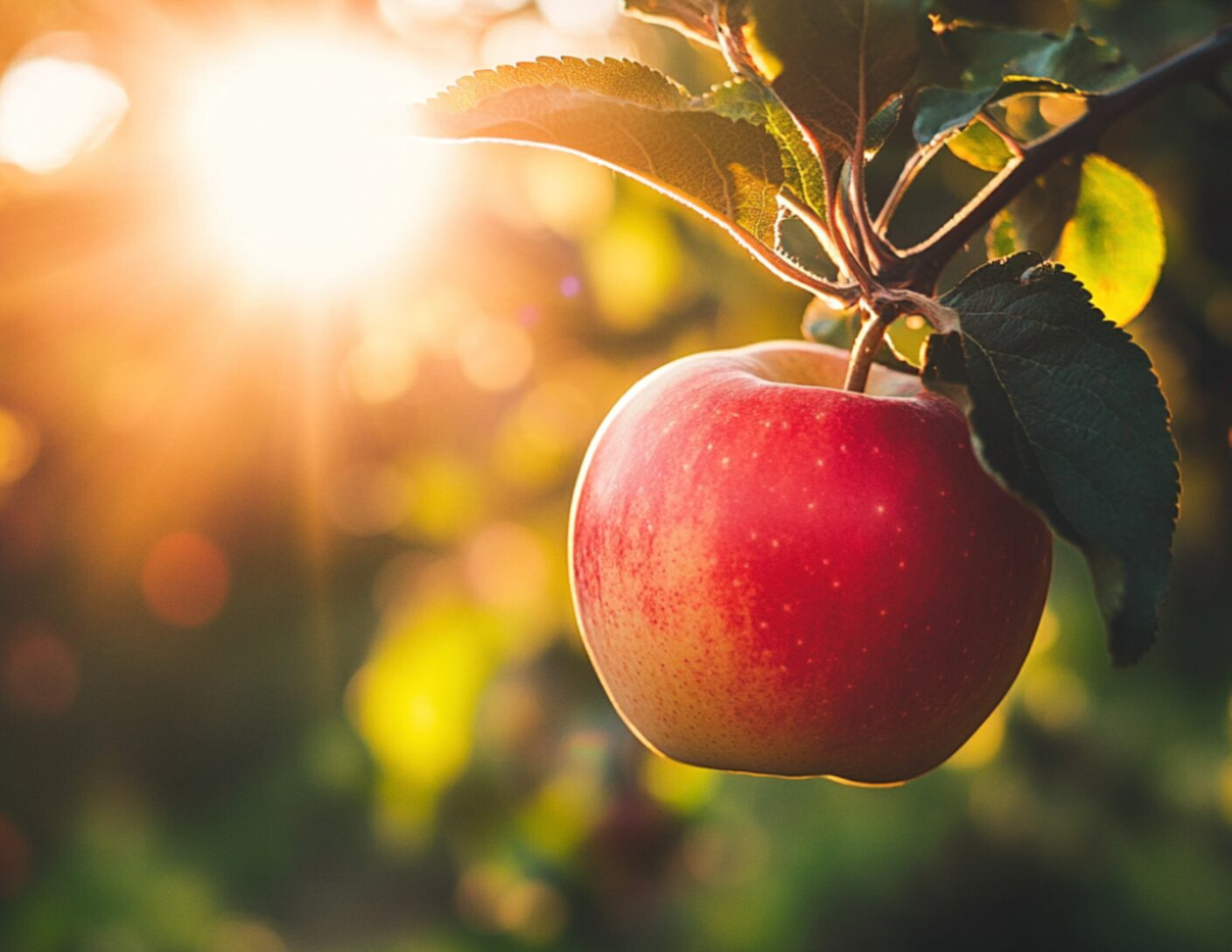Water is life.
The standard sapien is recommended at minimum, 8 glasses of clean organic water daily (glass = 8oz; totaling 64oz per day: ~2 liters). Often this recommendation being fulfilled in action outside of the home; and likely consumed via a composite container of sorts. It is imperative that this vessel be as clean and pure as the water consumed.
In most situations outside of home water is conveniently packaged in forms of composite material: disposable, reusable, or in rubberized bladder. The important question to ask, is if this convenience comes without cost?
Increasingly becoming verifiable fact, there is consensus that consuming water contained in plastic leads to plastic ingestion, and exposure of synthetic particles (micro plastics) lodging within tissues of the body. Although exact quantifiable risks from repeated exposures are yet to be realized, the signal that harm is associated is being broadcasted. It is now even law that certain past popular bottle materials such as BPA (bisphenol A) a chemical compound used in many reusable bottles and can linings are now outlawed worldwide due to their ability to leech into food and beverages. In the US, the FDA has outlawed its use in baby bottles and cups, but is still unfortunately permissible in other applications.
Considering the possible dangers of plastic consumption, and the fact that substitute plastic materials are likely to also be proven toxic, there are practical ways to avoid unnecessary contamination: drink water from clean and natural containers only.
Water from metal sources are durable and practical, but still subject to industrial production contaminants. Relearning practices from our ancestors and evidenced in most ancient civilizations, clay has been a timeless vessel used for water storage due to practicality, production ease, and health benefits.
- Natural Filtration: Clay contains porous properties that naturally filter impurities from water.
- Naturally Alkaline: The alkaline nature of clay neutralizes acidity in water.
- Temperature Regulation: Clay has insulating properties that help keep water cooler in hot conditions. The porous nature of clay allows for evaporation; which aids in cooling water inside.
- Mineral Benefit: Clay contains minerals such as calcium, magnesium, potassium (essential electrolytes), and iron which leech into water over time (dependent on clay used).
- Sustainability: Clay is made from earth and expends little carbon emissions for production. Reusing these bottles further decrease carbon footprint and overall waste from disposable options.
Plastic Is dose dependent poison; do not consume water from this source. Clay vessels naturally provide a safe and sustainable alternative to plastic, while providing the body with essential minerals and true alkaline water.















